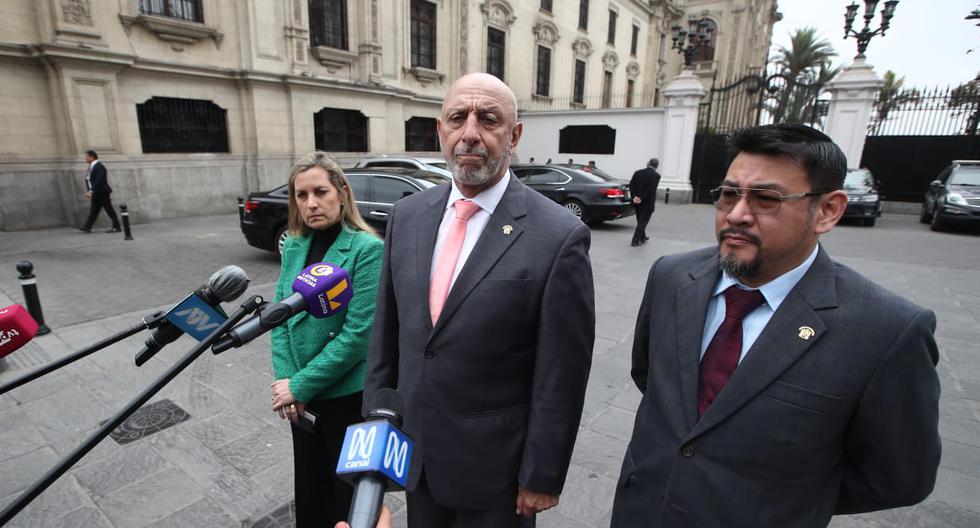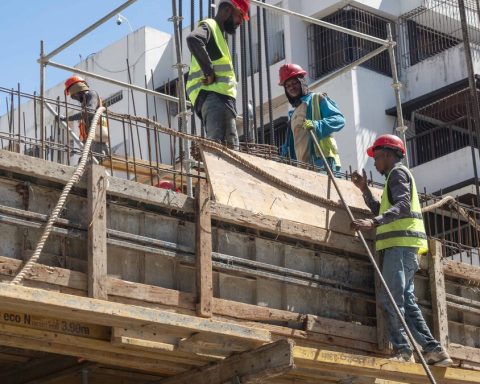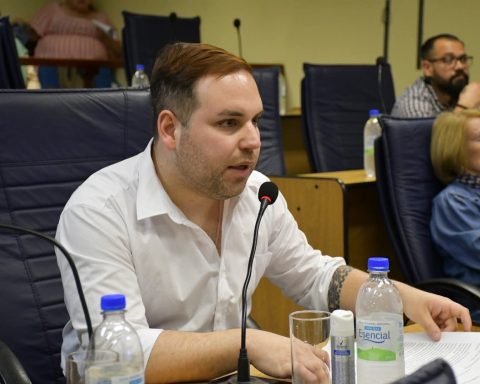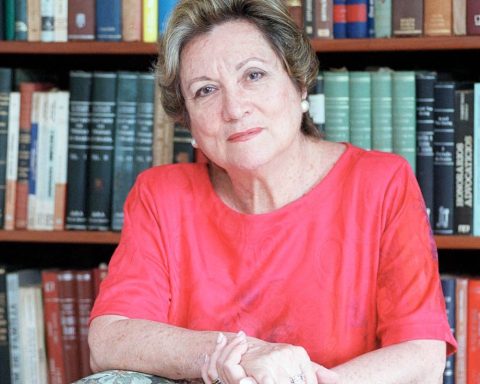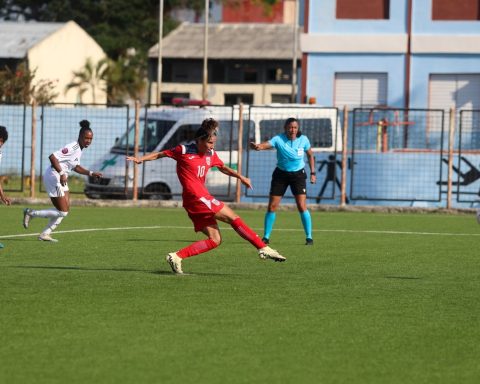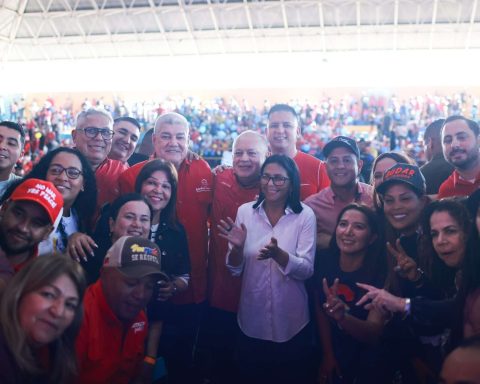Brazil’s president-elect, Luiz Inácio Lula da Silva, is eagerly awaited at COP27, promising real change to save the Amazon, subject to rampant deforestation under the government of Jair Bolsonaro.
Source: AFP
Lula, 77, who promised to “fight for zero deforestation”, He will travel to Egypt on Monday, his first international trip after his victory over the far-right on October 30.
Wednesday afternoon will give a speech in the UN diplomatic area at the conference held in Sharm el Sheikhaccording to his press team.
Lula, who after his victory had promised that Brazil would stop being a “pariah” on the international stage, expected to “have more talks with world leaders in a single day than Bolsonaro had in four years.”
But according to the newspaper O Globo, he failed to confirm a good part of the ten high-level meetings requested on the sidelines of COP27.
Instead, Lula could meet with the US special envoy for climate, John Kerry, and announce that Brazil is willing to host COP30 in 2025according to the Brazilian media.
The isolation of the largest Latin American country diplomatically under Bolsonaro was partly due to the sharp increase in deforestation and fires in the Amazon, the preservation of which is seen as vital in the fight against climate change.
Specialists attribute this increase mainly to budget cuts in environmental protection agencies, and the ultra-right president’s speech in favor of agricultural and mining exploitation in protected areas, including indigenous lands.
If Lula succeeds in stopping deforestation and illegal mining, “it would be a huge contribution” to the global climate fight, says Francisco Eliseu Aquino, a climate expert at the Federal University of Rio Grande do Sul.
“Lula knows the COPHe was always proactive in international discussions and maintained the international leadership” of Brazil in the environmental agenda during his first two governments (2003-2010).
Average annual deforestation in the Brazilian Amazon during Bolsonaro’s tenure increased 75% compared to the previous decade, according to official figures.
– “Deepen cooperation” –
Faced with this challenge, the former metallurgical worker, who will start his third government on January 1, hopes to have international help.
Although Marina Silva, whose name sounds to command the Ministry of Environment that led in the past Lula government, assured at COP27 that Brazil would not condition its fight for the Amazon to the resumption of international financing.
“With the weight and influence of Lula, and due to worldwide concerns about the Amazon, it is possible that some bilateral agreements will be reached,” estimates Daniela Costa, Greenpeace Brazil spokesperson for climate issues.
Silva, who met with Kerry on Thursday in the Egyptian resort, said that “the US government has shown itself willing to deepen cooperation” with Brazil, a country that is home to 60% of the Amazon rainforest.
In an interview with the Globonews network, he assured that he invited the United States to contribute to the Amazon Fund, financed mainly by Norway and Germany.
The disbursements were suspended in 2019, shortly after Bolsonaro came to power, but the Norwegian government said after Lula’s election that they would be unblocked.
“Investments are going to come,” insisted Silva, who assured that Brazil will set a global “example” with a reforestation target of 12 million hectares.
– “Much more daring” –
Deforestation was high at the start of Lula’s first term, in 2003, but fell sharply under Silva, who nevertheless resigned in 2008, feeling that he did not receive enough resources to go any further.
According to Eliseu Aquino, the policies of the future government must be “much more daring” than those of the first two governments of the former labor leader.
Lula could announce in Egypt the creation of a high authority for Climate to coordinate the work of different ministries.
The fight against global warming is not limited to the protection of biomes such as the Amazon, “it also involves the economy, health, agriculture,” explains Aquino.
“We view the arrival of Lula with great hope,” Dinaman Tuxá, coordinator of the Association of Native Peoples of Brazil (APIB), told AFP.
Unlike Bolsonaro, “Lula has an environmental policy,” adds the leader, who especially hopes for “the demarcation of indigenous lands,” a matter that has been frozen since the far-right president came to power in January 2019.












